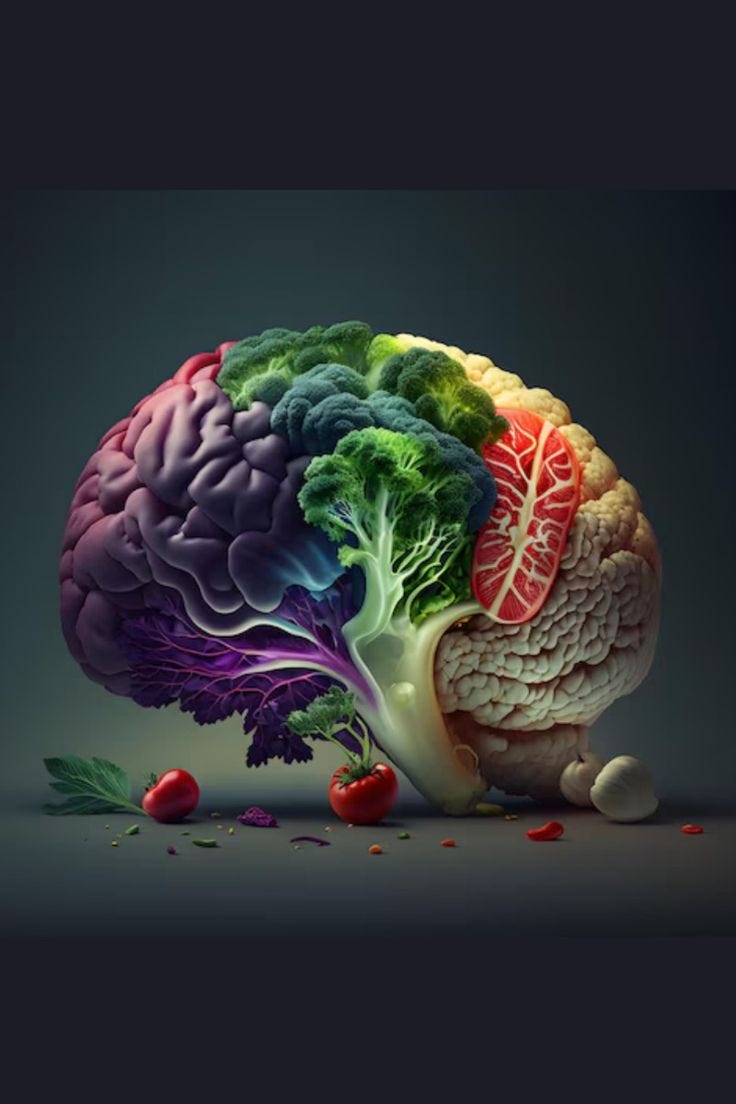Brain health is more than just the absence of disease; it’s a state of optimal cognitive function, emotional balance, and social connectedness. In today’s fast-paced world, prioritizing brain health is crucial for maintaining a high quality of life. This article explores the key pillars of brain health, offering practical strategies to enhance your cognitive abilities and overall well-being.
Optimal brain health encompasses a range of cognitive skills, a positive emotional outlook, and fulfilling social relationships. It’s about maximizing your brain’s potential and minimizing the risk of age-related decline. We’ll delve into cognitive stimulation, physical activity, diet, sleep, and stress management – all essential components of a healthy brain. Get ready to embark on a journey towards a sharper, more resilient mind!
Cognitive Stimulation: Sharpen Your Mind
Engaging in mentally stimulating activities is like exercise for your brain. It helps build cognitive reserve, making your brain more resilient to age-related changes. Here are some effective ways to stimulate your brain:
- New Skills Acquisition: Learning a new language, playing a musical instrument, or mastering a new skill can create new neural pathways and improve cognitive flexibility.
- Literature: Reading novels, articles, and other forms of literature challenges your brain to process information, expand your vocabulary, and enhance your understanding of different perspectives.
- Puzzles and Games: Solving crosswords, playing sudoku, or engaging in strategic games like chess can improve your problem-solving skills, memory, and attention span.
- Self-Enhancement: Taking classes, attending workshops, or pursuing online courses allows you to acquire new knowledge, expand your skill set, and stimulate your mind.
Physical Activity: Move Your Body, Boost Your Brain
Physical activity isn’t just good for your body; it’s also essential for a healthy brain. Exercise increases blood flow to the brain, delivering vital oxygen and nutrients that support cognitive function. It also promotes the release of brain-derived neurotrophic factor (BDNF), a protein that supports the growth and survival of brain cells.
- Aerobic Exercise: Aim for at least 2.5 hours of moderate-intensity aerobic exercise per week. Activities like brisk walking, jogging, swimming, and cycling can improve cardiovascular health and enhance cognitive function.
- Strength Training: Strength exercises not only build muscle but also minimize cognitive degeneration associated with aging.
- Mind-Body Exercises: Incorporating yoga, tai chi, or controlled breathing exercises into your daily routine can help reduce stress, improve focus, and enhance mind-body coordination.
Healthy Diet: Nourish Your Brain with the Right Foods
What you eat directly impacts your brain health. A balanced diet rich in brain-boosting nutrients can enhance cognitive function, protect against age-related decline, and improve overall well-being. Here are some key dietary considerations:
- Brain Boosters: Include a variety of colorful fruits and vegetables, which are rich in antioxidants that protect brain cells from damage.
- Omega-3 Fatty Acids: Fatty fish (salmon, tuna, mackerel), nuts, and seeds are excellent sources of omega-3 fatty acids, which are essential for brain health.
- Fiber: Choose whole grain products over refined white bread.
- Water: Stay hydrated by drinking plenty of water throughout the day. Dehydration can lead to sluggishness and impaired cognitive function.
Sleeping for Longer Periods: Prioritize Rest for Optimal Brain Function
Sleep is crucial for brain health. During sleep, your brain consolidates memories, clears out toxins, and repairs itself. Insufficient sleep can lead to impaired cognitive function, mood disturbances, and an increased risk of age-related cognitive decline. Aim for 7-9 hours of uninterrupted sleep per night.
- Establish a Pattern: Maintain a consistent sleep schedule by going to bed and waking up around the same time each day, even on weekends.
- Create a Relaxing Bedtime Routine: Wind down before bed by reading a book, listening to calming music, or taking a warm bath.
Analyze & Stress Focusing: Reduce Stress and Protect Your Brain
Chronic stress can have a detrimental impact on brain health, leading to impaired cognitive function, memory problems, and an increased risk of depression and anxiety. Managing stress is essential for protecting your brain and promoting overall well-being.
- Stress Focusing: Practice meditation, deep breathing exercises, or mindfulness techniques to reduce stress and improve focus.
- Limit Alcohol Consumption: Reduce or eliminate alcohol intake, as excessive alcohol consumption can damage brain cells.
- Quit Smoking: Smoking significantly increases the risk of cognitive decline.
- Avoid Head Trauma: Protect your head by wearing a helmet during sports and activities that could lead to head injuries.
Courses of Action: Taking Charge of Your Brain Health
Taking proactive steps to protect your brain health is essential at all stages of life.
- Reach Out to Health Care Providers: Schedule regular check-ups with your physician to assess your overall health, including your brain.
- Reduce Stressing Conditions: Manage chronic conditions like diabetes, hypertension, and heart disease, as these can impact brain health.
Brain Health Across the Lifespan
Brain health is important at every stage of life:
- Childhood and Adolescence: Focus on educational, social, and physical activities that promote mental growth.
- Adulthood: Prioritize healthy habits, such as regular exercise and mental stimulation, and manage stress effectively.
- Elderly Stage: Take steps to maintain your health, stay socially active, and address memory concerns promptly.
Final Verdict: Embrace a Brain-Healthy Lifestyle
By making these lifestyle changes, you can boost your brain health, enhance your cognitive function, and reduce your risk of age-related decline. Remember that it’s never too late to prioritize your brain health. Even small changes can have a significant impact in the long run. Start today and unlock your brain’s full potential!
